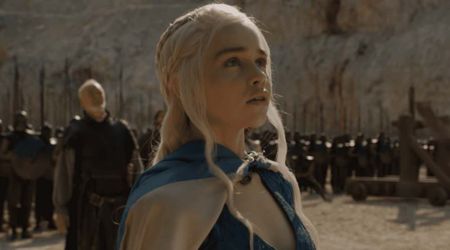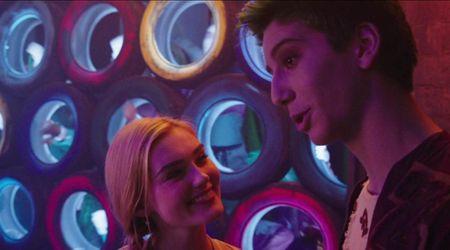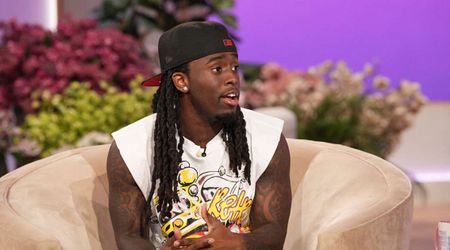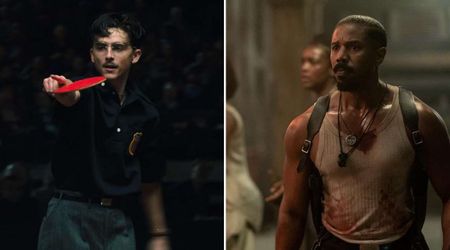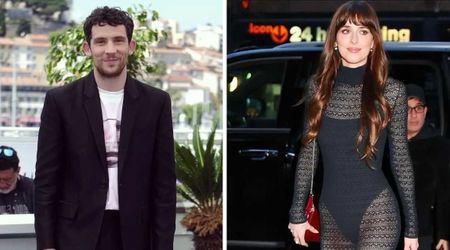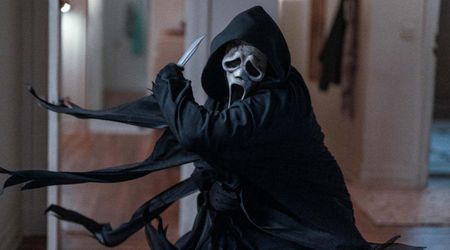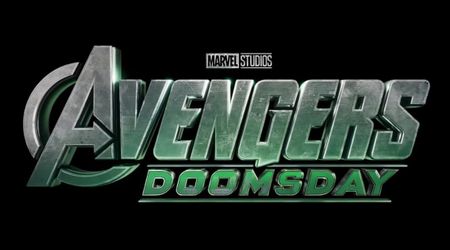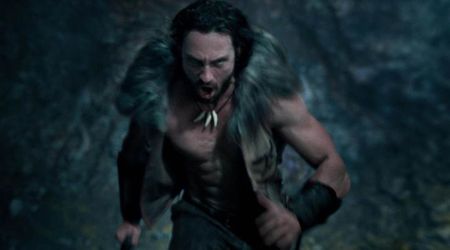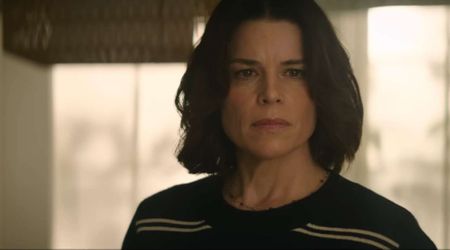'Punching Bag' urges viewers to turn "victim consciousness into something more empowering"

The MeToo movement is one of the most powerful and historic events of recent times and while it has helped expose the predatory behavior of many men in positions of power, it has also unfortunately created a sharper divide between men and women.This further has evolved into a conversation about masculinity, femininity and what they mean to the people of both genders, and it is precisely this conversation or at least inner dialogue that writer and director Jamie Anderson instigates with her film ‘Punching Bag.’
“I was talking to a wonderful male friend of mine, and he said he felt like a punching bag for women. He talked about his need to be less ‘sensitive’ and to step into his ‘masculine’, which spurred a further conversation about what is masculine and feminine,” Anderson tells Meaww, adding, “There seems to be a lot of confusion, more than ever, about what that means, especially since there is a predominant history of toxic masculinity.”

